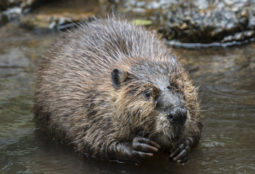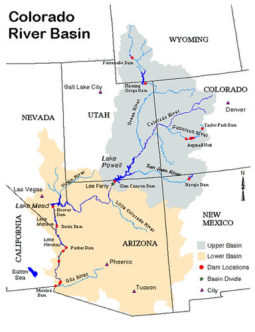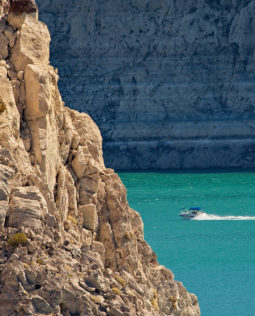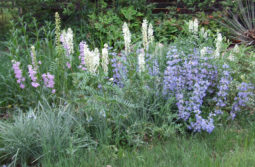
Chronic pain science and treatments (start time: 4:27) In this week’s show host Susan Moran interviews two experts on the emerging neuroscience of and mind-body treatments for chronic pain, which is a leading cause of disability in the U.S. As many as one in five Americans suffer from chronic pain. The problem has cost the country more than $600 billion in treatments and lost work-time. Our guests today are at the forefront of research and clinical treatment of chronic pain. Dr. Yoni Ashar is an assistant professor at the University of Colorado Anschutz Medical Campus in the Department of Internal Medicine. Several years ago he led the Boulder Back Pain Study on a mind-body program called Pain Reprocessing Therapy. Brad Fanestil, MD, is an internist and the director of the Center for Mind Body Medicine at Boulder Community Health. Stay tuned for details on a Part II discussion on mind-body medical treatments for chronic pain, anxiety and other ailments.
Relevant resources:
* New randomized back-pain study (led by Dr. Ashar) seeks subjects.
* The Way Out, by Alan Gordon
* Lecture by Dr. Fanestil on treating chronic pain with mind-body medicine
* Curable app for managing chronic pain
Hosts: Susan Moran, Joel Parker
Producer: Susan Moran
Engineer: Joel Parker
Executive Producer: Shelley Schlender
Listen to the show here:
Podcast: Play in new window | Download (Duration: 26:57 — 37.0MB)
Subscribe: RSS




 Your Brain on Music (start time: 6:18): Most people love music, whether it’s opera music, jazz, rock-n-roll, gospel, nursery rhymes or another genre. Whether you’re a trained professional or someone who just likes to sing in the shower or listen to your favorite playlists, you’ve likely felt the power of music in shaping your thoughts, feelings and behavior. But how?
Your Brain on Music (start time: 6:18): Most people love music, whether it’s opera music, jazz, rock-n-roll, gospel, nursery rhymes or another genre. Whether you’re a trained professional or someone who just likes to sing in the shower or listen to your favorite playlists, you’ve likely felt the power of music in shaping your thoughts, feelings and behavior. But how? Unruly Planet (start time: 5:31) This week on How On Earth Susan Moran interviews science journalist
Unruly Planet (start time: 5:31) This week on How On Earth Susan Moran interviews science journalist 


 Colorado River Basin Crisis Pt. II (start time: 6:19): This week’s How On Earth show focuses on the implications and future prospects after the federal government in June ordered the seven Western states that rely on the river to come up with a plan to save trillions of gallons of water from the shrinking river) — and after the August 15 deadline came and passed without a deal. (Here’s the Bureau of Reclamation’s
Colorado River Basin Crisis Pt. II (start time: 6:19): This week’s How On Earth show focuses on the implications and future prospects after the federal government in June ordered the seven Western states that rely on the river to come up with a plan to save trillions of gallons of water from the shrinking river) — and after the August 15 deadline came and passed without a deal. (Here’s the Bureau of Reclamation’s 
